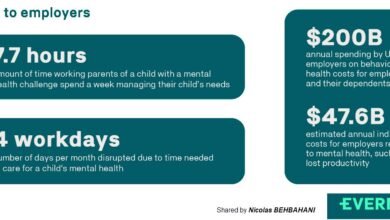
By | David Klaasen | Helping You Create Clarity, Inspire Your People & Drive Performance | Retain your best people | Changing Management Mindsets and Behaviour | Practical Behaviour Analytics
When Rapport is not enough
While rapport is very important, sometimes it is not enough. By listening carefully to the words people use to express themselves we can identify a number of motivational traits that can help us to understand, predict and influence the behaviour of others.
Too many communication seminars or trainings focus rapport. They are often full of exercises about body language, voice tone and pace, and the frequently misquoted research by Mehrabian; That the meaning of communication is 55% body language, 38% voice tone and only 7% words.
It is often forgotten that Mehrabian did his research in a very specific context: The first minute of when you meet someone you don’t know, and you want to be liked by them. This is a very specific context and it is misleading to generalise it for all communication.
(Ref: Mehrabian, A. (1981). Silent messages: Implicit communication of emotions and attitudes (2nd ed.). Wadsworth, Belmont, California.)
As regular readers of this blog you will probably be familiar with the profiling tools I use – the Language and Behaviour Profile (LAB Profile) or it’s online companion the iWAM (inventory of Work Attitude and Motivation). They are very context-specific and recognise the fact that people are motivated by different things depending on the context.
In this blog we’ll be looking at the second of the four levels of relationship mentioned previously.
- Physical = all the non-verbal communication and body language stuff
- Emotional = the ability of both parties to empathise and understand how the other feels
- Mental = being articulate and intellectually stimulated
- Purpose = clarity of shared values and the purpose of the relationship
No Emotions here – this is a workplace!
I was recently facilitating a Leadership programme for a group of directors and senior managers and the subject of ‘emotions’ was raised. The Programme was emphasising the need for bringing your ‘whole self’ to work because people can identify with a leader who is in touch with their emotions and the emotions of others. The debate about the role of emotions in the workplace became quite polarised between the IT Manager and the Business Development Manager. You can probably guess who was for and who was against . . .






